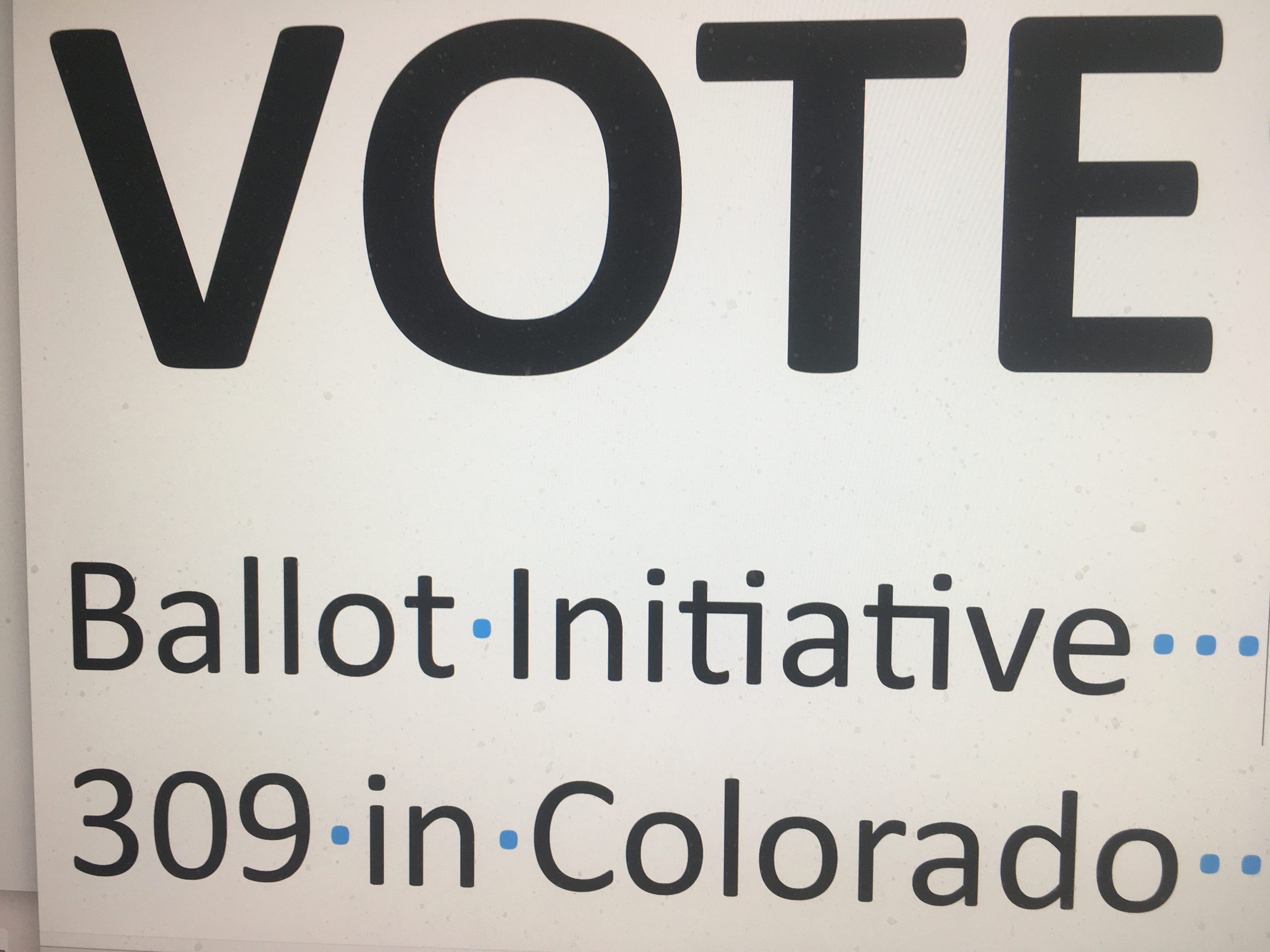As the Nov. 5 election nears a ballot initiative in Colorado could ban all slaughterhouses within the city and county of Denver and opposition is heating up.
Ordinance 309, titled “Prohibition of Slaughterhouses,” has provoked alarm among Colorado ranchers, sheepherders and farmers. The petitioners, an animal-rights group called Pro-Animal Future, cite greenhouse gas emissions of livestock operations, allege dangers to workers and complain about foul odors as reasons for the proposal. However, as opponents point out, Pro-Animal Future does not explain how forcing processing outside Denver city limits would reduce these issues or decrease meat consumption.
If enacted, the proposal would shut down Superior Farms, an employee-owned lamb-processing facility facility that has supplied most of the lamb in the state for 70 years and bills itself as the largest lamb processor in North America. According to its owners, Superior Farms already complies with all relevant animal treatment laws, as well as being certified for both kosher and halal meat. Colorado has the third-largest sheep herd after California and Texas, but it is the No. 2 producer of lamb for human consumption in the United States.
The petition proposes prioritizing assistance for slaughterhouse workers who would lose jobs if the initiative passes. The measure would eliminate 170 jobs in some of the city’s poorest neighborhoods.
Among the proposed ban’s vocal opponents are Superior Farms, the American Sheep Industry Association, the National Pork Producers Council, the National Cattleman’s Beef Association, Visit Denver, the Colorado Livestock Association, United Food & Commercial Workers International, Conscience Bay Research LLC, Political Action Trust and the Colorado Livestock Association. Local restaurants and chefs have also been outspoken opponents of the proposal and say it would weaken the resiliency of the meat supply chain. The ban’s opponents have raised about $740,000 and have set up an informational website at https://stopthebanprotectjobs.com/.
The Central Committee of the Denver Democratic Party recently voted 207-12 to endorse a “no” position on the ballot proposal, according to Complete Colorado. The Denver Area Labor Federation, Denver Pipefitters Local 208, Service Employees International Union Local 105, the Teamsters Union and United Food and Commercial Workers Local 7 also oppose the proposed ban.
Pro-Animal Future agenda
Pro-Animal Future is open about its long-term goal of eliminating meat from dinner plates—and getting rid of “factory farming” and the farming of animals. One of its partners listed on its website is the Coalition to End Factory Farming. In a 10-year plan it has laid out, its goals for 2025-26 include “pass[ing] bold measures in the most progressive cities.” Between 2027 and 2030 it hopes to place bans of “factory farming” on ballots in at least 10 states, “force every stratum of society to reckon with our movement” and pass a ban in at least one state.
A second initiative put on the ballot by the group has received less attention. It proposes to prohibit “the manufacture, distribution, display, sale or trade of certain animal fur products in the City; and provid[e] limited exceptions to the prohibition.” The proposed ban makes exceptions for leather, cow hides with hair attached, lambskin or sheepskin with the fleece attached, wool or other fibers from livestock or the pelt or skin of an animal preserved through taxidermy or for the purpose of taxidermy.
Information war
Closing the plant would mean the loss of 15 to 20% of the entire country’s lamb harvest capacity, according to a study by the Regional Economic Development Institute at Colorado State University, costing the economy up to $861 million. Besides the jobs at the slaughterhouse itself, a ban would threaten about 2,700 adjacent jobs, the study said.
“The CSU study underscores how the Denver ballot measure ban is unfair, ineffective and simply the wrong approach. Eliminating a local food source not only eliminates over $800 million in economic activity, it also hurts the environment by forcing restaurants and grocery stores to import lamb products from overseas while unnecessarily driving up food costs for consumers,” Colorado Wool Growers Association Executive Director Bonnie Brown said.
She and other opponents of the ballot measure are adamant that banning a single slaughterhouse won’t improve animal welfare in Colorado.
Pro-Animal Future has claimed that the CSU study is biased and lacks context. It has argued that the Superior plant is “one of the worst industrial polluters in the city” and that the plant has failed to comply with reporting requirements under the Clean Water Act for four years.
It’s not the first time animal welfare activists have tried to end animal processing in Colorado. In 2021, a petition known as the PAUSE Act (Protect Animals from Unnecessary Suffering and Exploitation) would have criminalized most animal-husbandry practices like sterilization and artificial insemination by classifying them as “animal sexual abuse.”
The PAUSE ballot initiative was disqualified by the Colorado Supreme Court, but only for a technical reason. The court ruled against it 7-0 because Colorado’s ballot initiative law specifies that petitions must contain one issue only, and the PAUSE Act contained several.
David Murray can be reached at [email protected].

